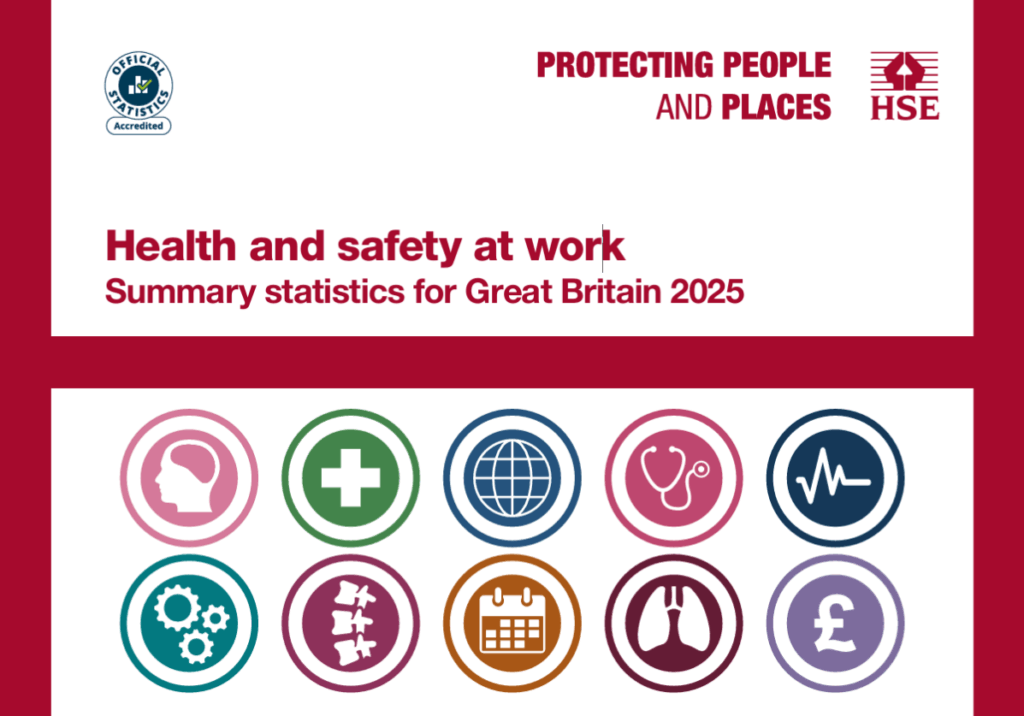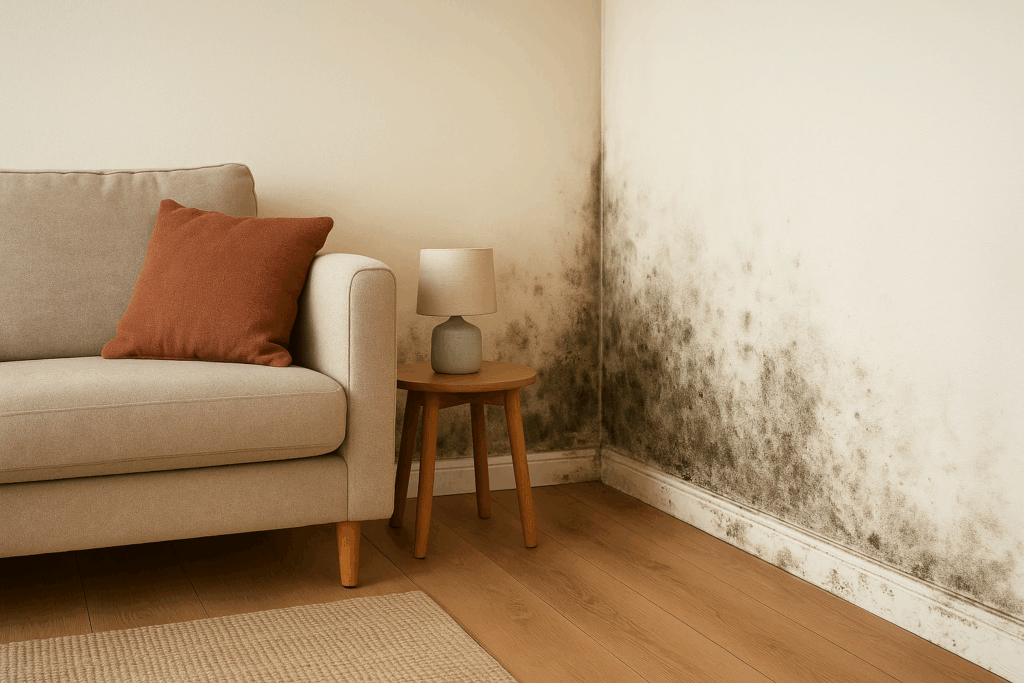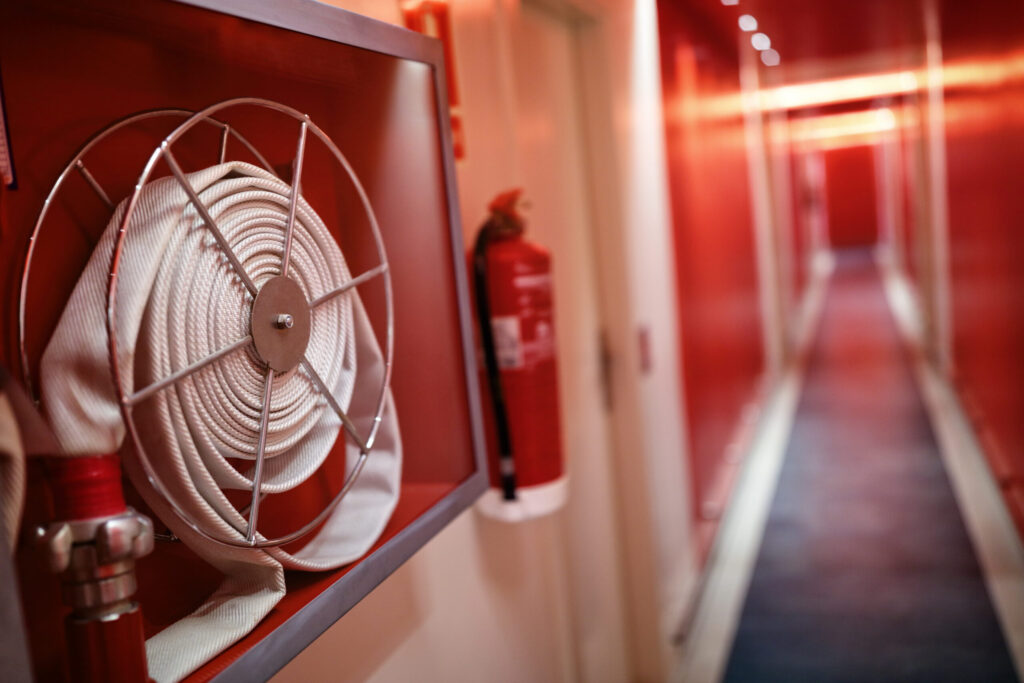Properly fitted respiratory protective equipment (RPE) is absolutely essential for jobs where workers are exposed to hazardous substances.
A poorly fitted mask can expose the wearer to harmful particles, gases, or vapours, potentially leading to serious health issues.
This is where Face Fit Testing comes in – a process that ensures RPE provides the necessary level of protection.
The question is, who conducts these tests, and how can companies ensure they are done correctly?
The answer lies in Face Fit tester training programs.
What is Face Fit Testing?
Under the Control of Substances Hazardous to Health (COSHH) Regulations 2002, employers are required to ensure that suitable RPE is provided and that it fits properly to protect the wearer from harmful substances.
Specifically, Regulation 7 requires that RPE is “adequate and suitable,” which includes ensuring it fits correctly.
Face Fit Testing is the process that assesses whether a particular type of RPE provides an adequate seal against the wearer’s face.
The test involves the wearer donning the RPE and performing a series of exercises while a trained tester measures the level of leakage around the face seal. There are two main types of Face Fit Testing:
- Qualitative: This method relies on the wearer’s sense of taste or smell to detect any leakage. A bitter or sweet solution is sprayed near the mask, and if the wearer can detect the taste or smell, the fit is deemed inadequate.
- Quantitative: This method uses specialised equipment to measure the concentration of particles inside and outside the mask, providing a numerical measure of the fit factor
The choice of Face Fit Testing method – whether qualitative or quantitative – depends on factors such as the type of mask, the specific job, the hazardous gases or particles involved, and other relevant criteria.
The Importance of Train the Tester Programs
Of course, Face Fit Testing is only effective if conducted correctly. This is where Train the Tester programs come into play.
These courses are designed to equip individuals with the knowledge and skills necessary to perform Face Fit Testing to the required standard.
A Face Fit Train the Tester course covers various aspects of respiratory protection and fit testing, including:
- Common hazardous chemicals and their effects on the body
- Relevant legislation and guidance
- Setting up and using testing equipment
- Correctly fitting different types of RPE
- Conducting the sensitivity test and practical face fit testing
By attending a Train the Tester program, individuals gain the expertise needed to ensure the safety of their colleagues who rely on RPE.
As you might imagine, this is a highly responsible task – it’s vital to get it right by providing proper training.
The Benefits of In-House Face Fit Testers
Many companies opt to send employees on Train the Tester courses, allowing them to conduct Face Fit Testing in-house. This approach offers several advantages:
- Cost-effective: Training in-house testers can be more cost-effective than hiring external contractors to conduct tests regularly.
- Flexibility: Having trained testers on-site allows for more flexibility in scheduling tests, particularly when new staff members join, or existing employees require retesting.
- Familiarity: In-house testers are more familiar with the specific types of RPE used by their company, enabling them to provide more tailored advice and support.
- Ownership: When employees are responsible for the safety of their colleagues, it can foster a stronger sense of ownership and commitment to health and safety within the organisation.
Choosing the Right Train the Tester Course
When selecting a Face Fit Train the Tester course, choose a reputable provider with experienced trainers.
Look for courses that offer a balanced mix of theoretical and practical elements, ensuring participants gain hands-on experience with testing equipment and different types of RPE.
At HCS Safety, our Train the Tester course is designed to provide participants with the knowledge and practical skills needed to conduct qualitative Face Fit Testing using a 3M FT30 testing kit.
Our experienced trainers guide participants through the process, from setting up equipment to conducting the sensitivity test and practical face fit testing.
If you’re considering training in-house Face Fit Testers, please contact the friendly team at HCS Safety to discuss your requirements.




